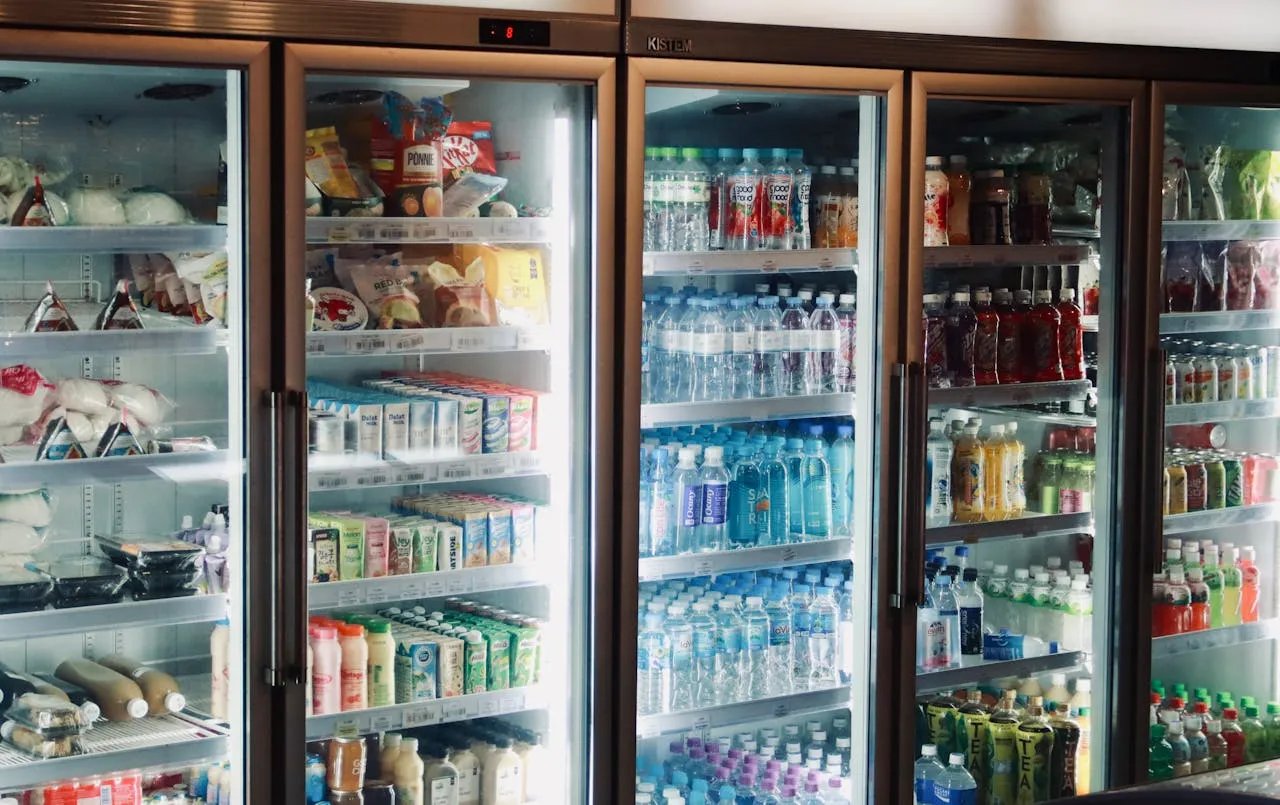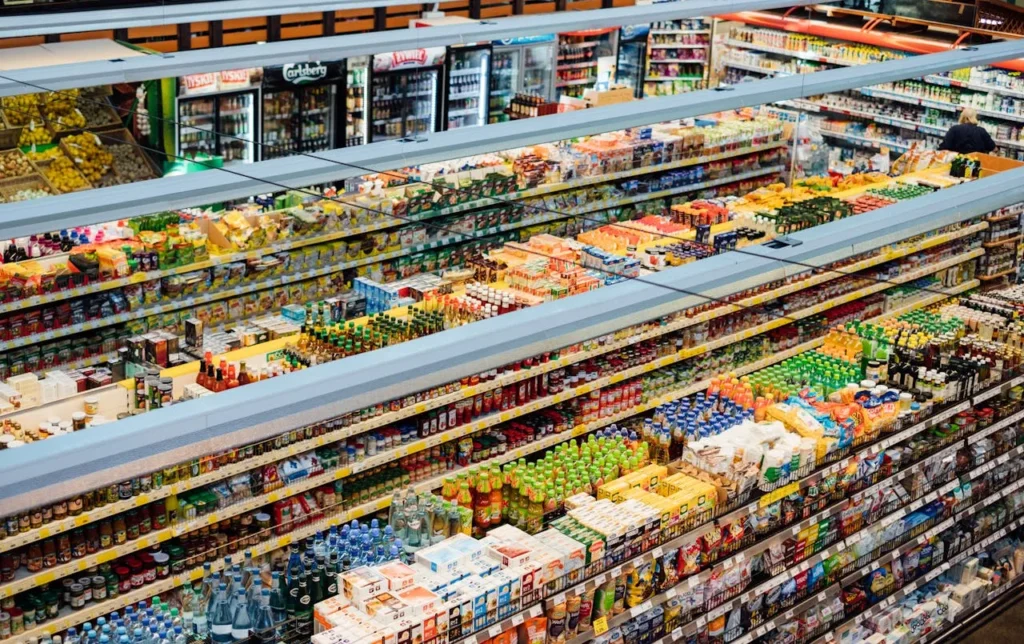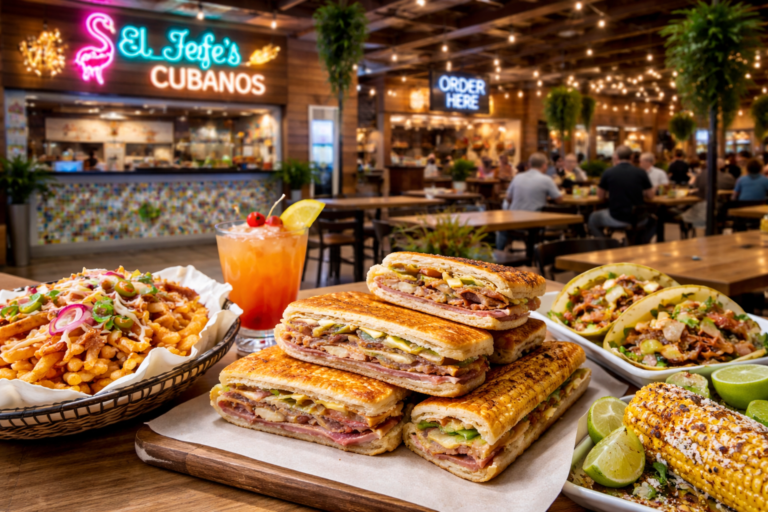
Cannabis Beverages Market Analysis Report 2025 Legalization and Regulatory Shifts Set Stage for $3.1 Billion Industry by 2030
The global cannabis beverages market is undergoing a major transformation, fueled by rapid legalization trends, growing health consciousness among consumers, and breakthrough technological advancements in cannabis infusion. According to the newly released Cannabis Beverages – Global Strategic Business Report by ResearchAndMarkets.com, the market, which was valued at $1.3 billion in 2024, is projected to grow at a robust compound annual growth rate (CAGR) of 16.3%, reaching $3.1 billion by the year 2030.
This dynamic sector is not only redefining how consumers experience cannabis but also reshaping the broader beverage industry with an influx of innovation, partnerships, and changing consumer behaviors. The report offers a deep dive into market segments, technological trends, regional outlooks, and the strategic initiatives of major industry players.
A Closer Look at Market Segmentation: Non-Alcoholic Beverages Lead the Charge
The cannabis beverages industry is broadly divided into non-alcoholic and alcoholic categories, with non-alcoholic beverages leading market growth. This segment, which includes products like infused sparkling water, herbal teas, juices, and functional wellness drinks, is forecasted to grow at a CAGR of 16.8%—surpassing $2.1 billion by 2030.
The alcoholic cannabis beverage segment is also witnessing steady growth, anticipated to expand at a 15.3% CAGR during the same period. These include cannabis-infused beers, wines, and spirits alternatives, designed for recreational users seeking the social experience of alcohol without its adverse effects.
What’s Fueling the Surge in Cannabis Beverages?
Several interconnected drivers are powering this surge. Chief among them is the growing legalization of cannabis for both medical and recreational use across North America, Europe, and parts of Latin America and Asia-Pacific. As stigma around cannabis consumption diminishes, beverages provide a familiar and socially acceptable way to integrate cannabis into daily routines.
Simultaneously, consumers are increasingly leaning toward health-conscious, natural, and functional alternatives to traditional alcoholic or sugary drinks. Cannabis-infused beverages, many of which feature cannabidiol (CBD) for relaxation or tetrahydrocannabinol (THC) for mild euphoria, are being marketed as wellness-enhancing options. Their appeal is especially strong among millennials and Gen Z, who prioritize transparency, health benefits, and experience-driven consumption.
In addition, the desire for discrete consumption methods has further bolstered cannabis beverages. Unlike smoking or vaping, beverages offer a controlled and often odorless experience, making them more acceptable in a wider range of social settings.
Emerging Trends Redefining the Cannabis Beverage Space
As the market matures, several significant trends are shaping its evolution:
- Product Diversification:
Manufacturers are rapidly expanding their portfolios to include various formulations—ranging from sparkling CBD waters and THC-infused teas to energy drinks and microdosed functional shots. This diversification caters to varying consumer preferences, whether for recreational highs or subtle wellness benefits. - Low-Dose and Microdosing Options:
With new consumers entering the market, there is increasing demand for low-dose and microdosed beverages that allow individuals to enjoy mild effects without the risk of overconsumption. These products offer better dose control and are particularly attractive to new and cautious users. - Brand Collaborations and Celebrity Endorsements:
Partnerships between cannabis brands and established beverage companies are becoming more frequent, resulting in better distribution, higher visibility, and cross-industry innovation. Celebrities and influencers are also endorsing products, lending legitimacy and expanding reach. - Sustainability and Clean Labeling:
Consumers are also seeking products aligned with sustainability values. Many brands now prioritize eco-friendly packaging, organic ingredients, and transparent labeling, aligning their offerings with environmental and health-conscious consumers.
Technologies Behind the Innovation
Developing cannabis beverages involves intricate scientific processes to ensure stability, consistency, and bioavailability of cannabinoids. One of the most crucial advancements is nanoemulsion technology, which enables cannabinoids—naturally insoluble in water—to be dispersed uniformly within a liquid. This enhances the body’s ability to absorb the compounds quickly, resulting in faster onset of effects compared to traditional edibles.
CO2 extraction techniques are widely used to obtain pure cannabis extracts while avoiding harmful solvents. These extracts are then rigorously tested for potency, contaminants, and consistency to comply with stringent regulatory requirements.
Quality assurance protocols, third-party lab testing, and standardized dosing mechanisms are vital to maintain consumer trust and meet compliance guidelines, especially in highly regulated markets like Canada and the United States.

Regional Market Outlook: Where Growth Is Happening
The cannabis beverage market is expanding across all major global regions, with varying pace and regulatory dynamics:
- North America:
As the most mature market, North America—especially the United States and Canada—continues to dominate due to established legal frameworks, consumer familiarity, and advanced production capabilities. - Europe:
Countries like Germany, the Netherlands, and the U.K. are making strides in cannabis legislation, offering new opportunities for growth. European consumers are particularly drawn to CBD-based wellness drinks. - Asia-Pacific & Latin America:
Though still in nascent stages, countries in these regions are gradually loosening restrictions, which is likely to spur future market entry and development. - Middle East and Africa:
While regulatory environments remain complex, there is emerging interest in medical cannabis, suggesting long-term potential for beverage formats.
Competitive Landscape: Key Industry Players
The report profiles a diverse range of market players—from cannabis-focused startups to multinational beverage conglomerates that are entering the space through acquisitions and collaborations. Prominent names include:
- Alkaline88, LLC
- Aurora Cannabis Inc.
- BellRock Brands Inc.
- Canopy Growth Corporation
- Cronos Group Inc.
- Others also featured include both publicly traded and privately held firms leading innovation, distribution, and branding efforts within the sector.
What’s Included in the Report?
The Cannabis Beverages – Global Strategic Business Report offers a wealth of insights, including:
- Independent analysis of annual global sales and forecast data from 2024 to 2030
- Segment-wise CAGR projections
- Regional market evaluations across the U.S., Canada, Europe, China, Japan, Latin America, the Middle East, and Africa
- In-depth company profiles and strategic outlooks
- Complimentary updates for one year, keeping subscribers abreast of evolving trends, regulatory shifts, and competitive moves
Final Thoughts
The cannabis beverages market is no longer a fringe segment—it’s a fast-growing, innovation-rich arena where health trends, consumer curiosity, and regulatory shifts are converging to create transformative opportunities. As companies continue to refine formulations, embrace sustainability, and align with mainstream health and wellness values, cannabis beverages are poised to become a staple in the global drinks industry.
Whether you’re an investor, manufacturer, distributor, or curious consumer, the coming years are expected to bring rapid expansion, deeper product innovation, and broader cultural integration for cannabis-infused beverages.





